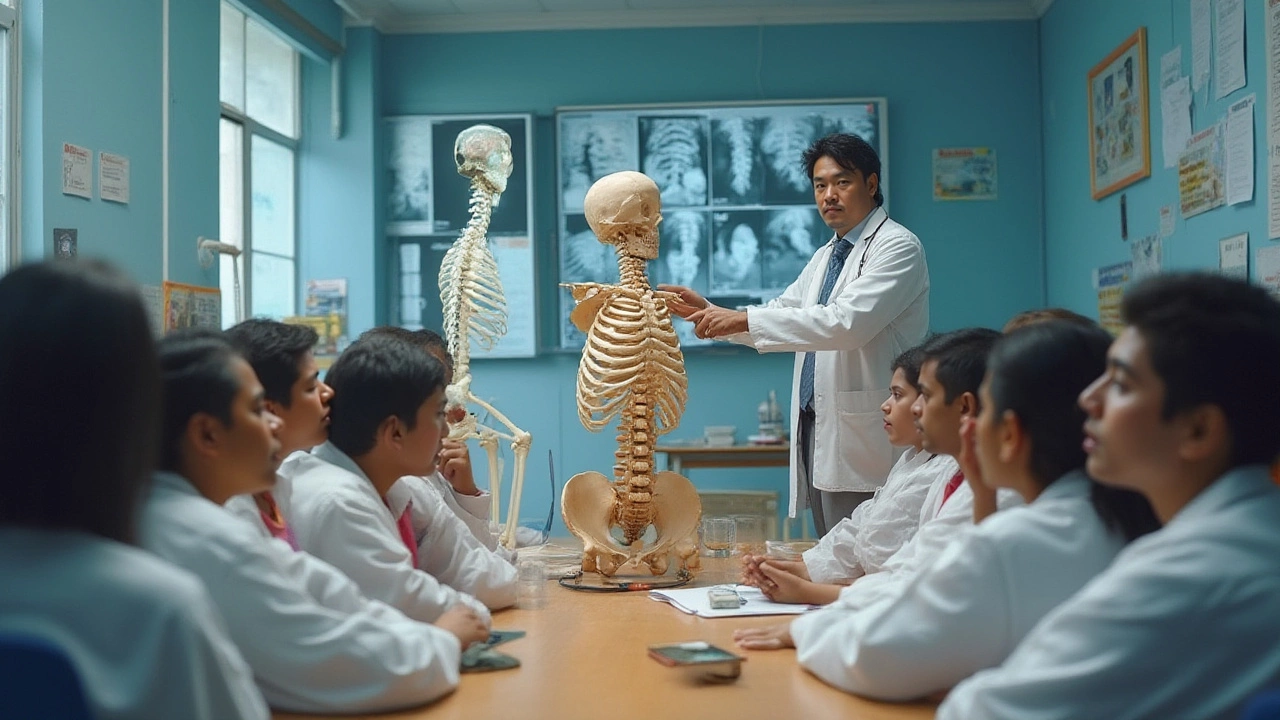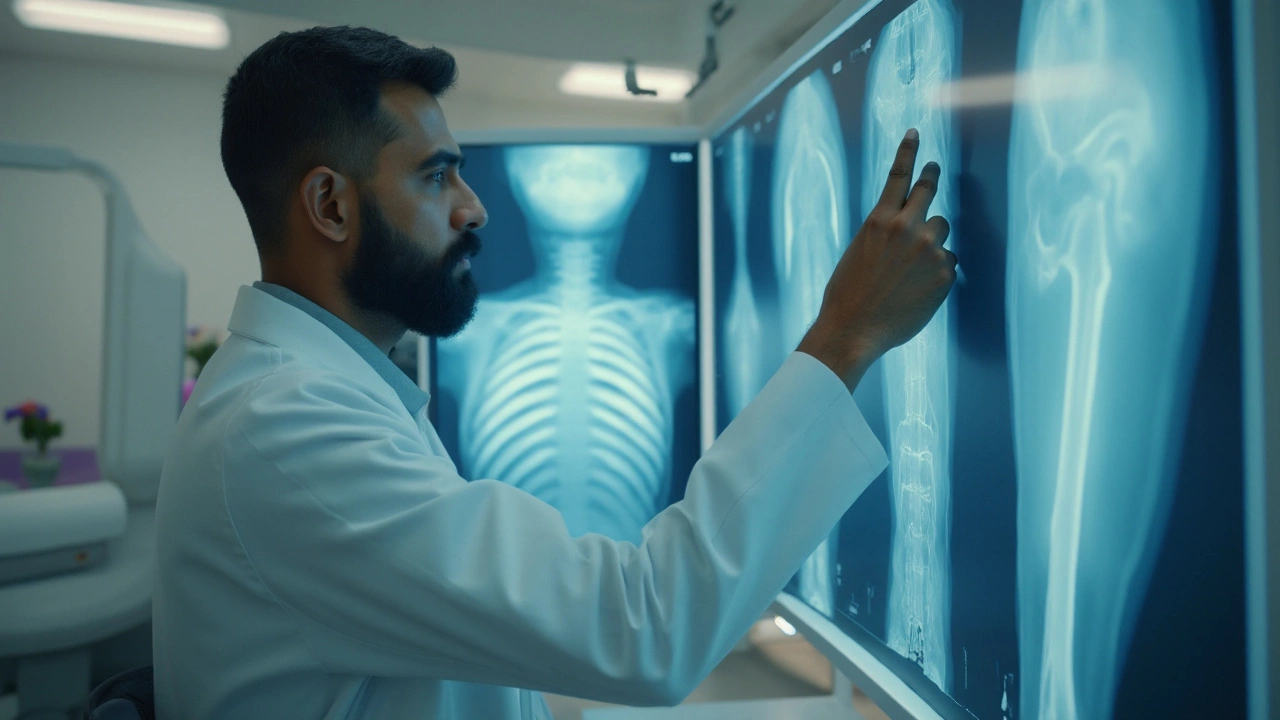Bone Health Tips: Simple Steps to Keep Your Skeleton Strong
Ever wonder why a glass of milk feels like a tiny insurance policy for your bones? It’s because calcium and vitamin D team up to keep the skeleton solid. Below are everyday moves you can make to protect bone health without turning your life upside down.
Eat Foods That Build Bone
Calcium is the star player, but you don’t have to chug gallons of milk. Yogurt, cheese, leafy greens like kale and bok choy, and fortified soy or almond milk all pack a calcium punch. Pair these with vitamin D sources—sunlight, egg yolks, or fortified cereals—to help your body absorb the mineral. Aim for about 1,000 mg of calcium and 600–800 IU of vitamin D daily; most adults meet the goal with a balanced diet.
Move Your Body, Save Your Bones
Weight‑bearing exercises are the secret sauce for bone density. Walking, light jogging, stair climbing, and dancing send gentle pressure through your skeleton, signalling it to stay strong. Add resistance training twice a week—think squats, push‑ups, or dumbbell rows—to stimulate bone growth in the arms and spine. Even short, 10‑minute bursts count if you’re consistent.
Don’t overlook flexibility and balance. Yoga or tai chi improve coordination, which means fewer falls and broken bones later on. A simple routine of tree pose or single‑leg stands for a minute each can make a big difference.
Hydration matters, too. Dehydrated bones can lose a little density over time. Drink water throughout the day, especially if you’re active or live in a hot climate.
If you smoke or drink heavily, consider cutting back. Both habits speed up bone loss and make fractures more likely. Quitting smoking and limiting alcohol to one drink a day for women and two for men can improve bone health faster than you think.
When you’re over 50, a quick bone density scan (DXA) can show if you’re losing bone faster than normal. The test is painless, takes about 15 minutes, and helps doctors decide if you need extra support like prescription calcium or bisphosphonates.
Finally, keep an eye on meds that might affect bone health. Some steroids, antacids, and thyroid drugs can thin bones over time. Talk with your doctor if you’re on long‑term medication—sometimes a simple supplement adjustment can offset the impact.
Putting these habits together—balanced nutrition, regular weight‑bearing activity, good posture, and smart lifestyle choices—creates a solid foundation for bone health. You don’t need a fancy plan; just a few daily actions that add up to stronger bones for life.

The 4 A's of Orthopedics Explained: Key Pillars for Bone Health
Discover the 4 A's of orthopedics: Alignment, Apposition, Apparatus, and Activity. Learn what they mean with real examples, helpful facts, and advice.

Understanding the Need for an Orthopedic Referral: When to Seek Expert Care
Orthopedic specialists play a crucial role in diagnosing and treating conditions related to bones, joints, and muscles. A referral to an orthopedic doctor might be necessary if you're experiencing chronic pain, limited mobility, or have suffered a significant injury. These experts offer advanced diagnostics, such as imaging techniques, and tailor treatments ranging from physical therapy to surgery. Understanding when to visit an orthopedic can improve your recovery process and quality of life.

IVF Gender Selection Cost: What You Need to Know
Mar, 26 2025



